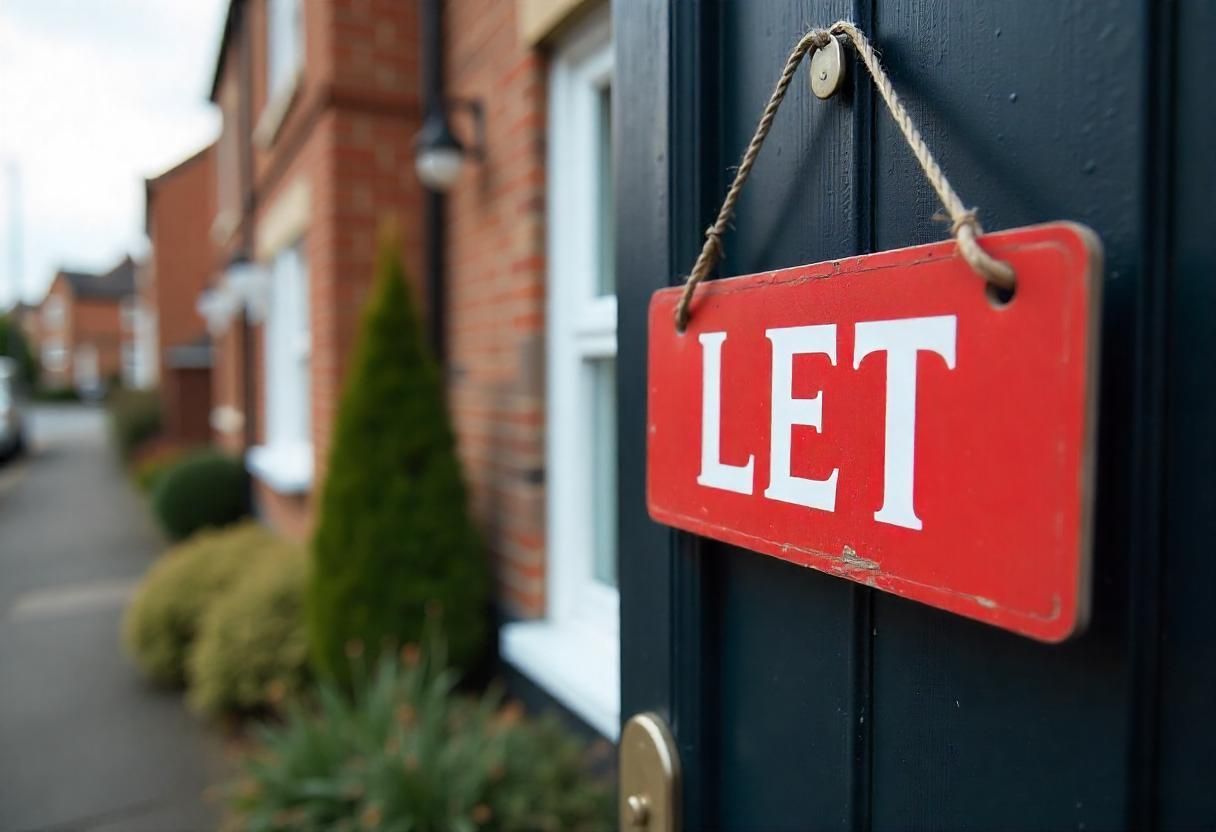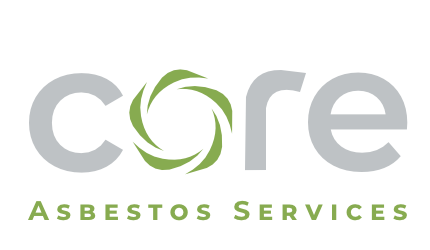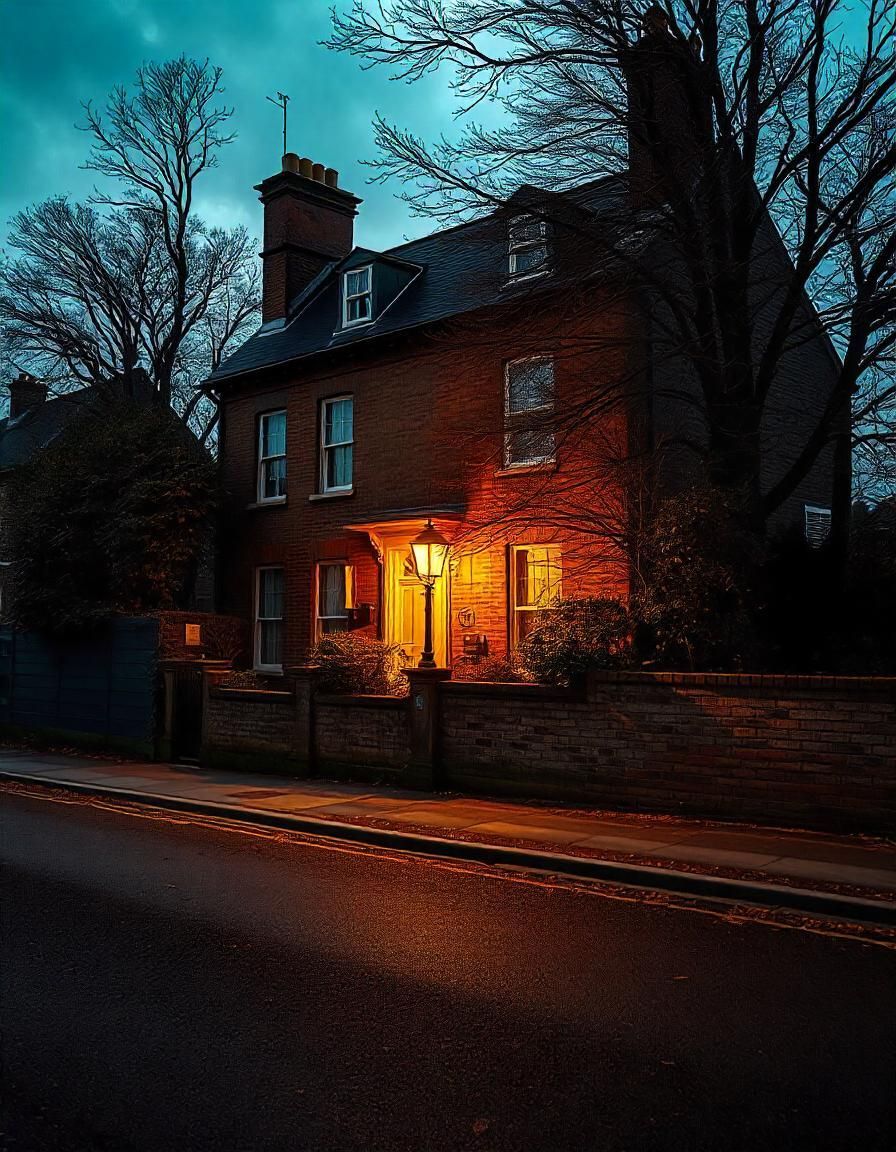Asbestos Testing Services
Asbestos Testing Services for Peace of Mind at Home or Business
Buying a new place or sprucing up your current home is exciting—until you spot something odd, like a crumbly ceiling or old insulation, and start wondering, “Could that be asbestos?” If that’s you, you’re not alone. Asbestos used to be a builder’s best friend in the UK, but now we know it’s a health nightmare, linked to thousands of deaths each year. For homeowners or anyone eyeing a property, asbestos testing services is your ticket to figuring out what’s safe and what’s not.
Let’s walk through why it matters, what DIY kits can (and can’t) do, and why calling in the professionals—especially UKAS-accredited ones or those that use the services of UKAS accredited laboratory's, makes all the difference. Ready to feel secure in your space? Let’s get started.
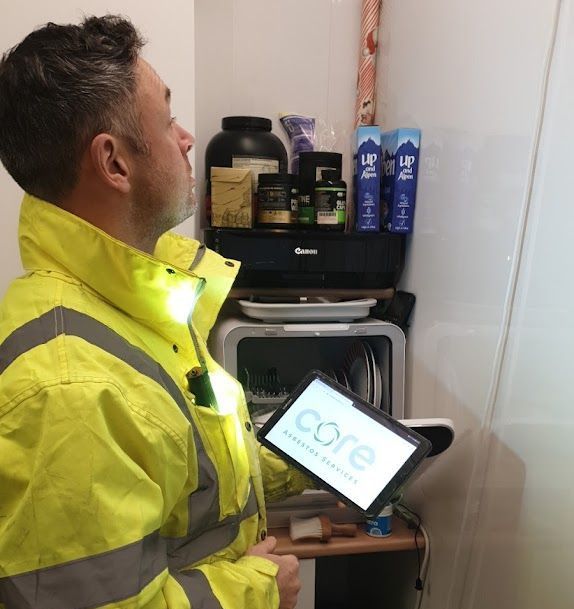
What is Asbestos Testing?
The Simple Explanation
Asbestos testing is like a detective mission for your home. It involves taking a tiny sample from something suspicious—like that weird textured wall—and sending it to a lab to see if asbestos fibers are hiding inside. These fibers were super common in homes built before the UK banned asbestos in 1999, popping up in things like tiles or roofing.
Why You Should Care
Here’s the deal: testing for asbestos isn’t just a box to check—it’s about keeping you and your family safe. Asbestos is still hanging out in tons of UK homes (think 1.5 million properties!), and if you accidentally stir it up during a reno, you could breathe in stuff that leads to nasty diseases like mesothelioma. Knowing what’s in your walls lets you handle it the right way, whether that’s leaving it alone or getting it out safely. Check out the Health and Safety Executive (HSE) for more on why this stuff’s no joke.
What Gets Tested?
You can test anything that looks off—like flaky insulation—or stuff known for asbestos, like old cement sheets or boiler lagging. Even if it’s not screaming “danger,” pre-2000 materials are worth a look. Better safe than sorry, right?
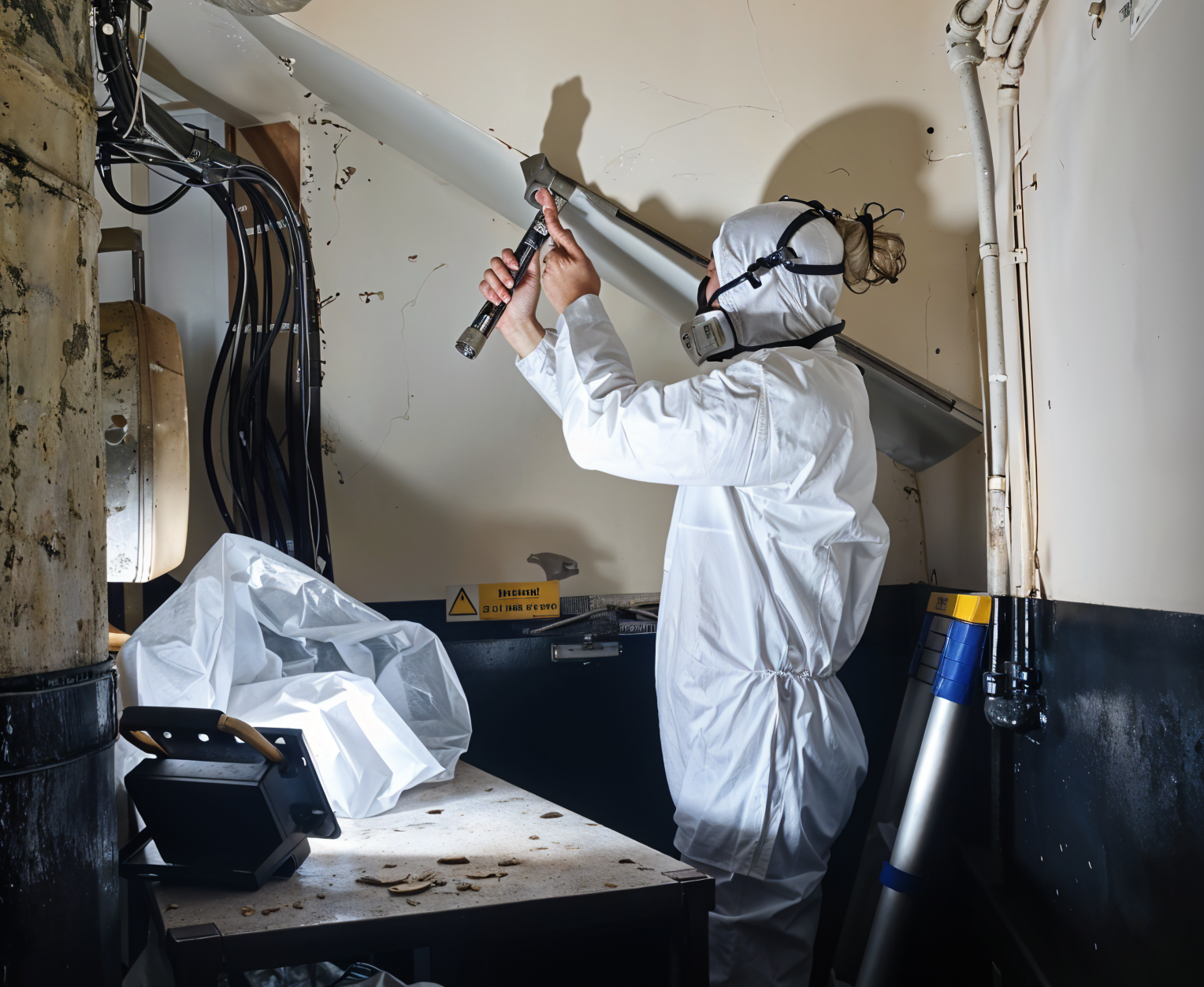
Types of Asbestos Testing
Lab Magic
The professionals use tools like polarised light microscopy to spot asbestos in samples. It’s high-tech and super accurate, done in labs that meet UKAS standards—basically, the gold star of testing. For you, that means no guesswork. Learn more about lab standards at UKAS.
Checking the Air
Asbestos air testing is another option. It checks if fibers are floating around through air monitoring, especially after something’s been disturbed. It’s a quick way to know if your air’s clean or if you need to act fast.
Grabbing a Sample
Sampling is just snagging a little piece of the suspect stuff and sending it off. The professionals do it safely—wetting it down, bagging it up tight—so no fibers escape. When it comes to suspected asbestos materials, it’s simple but done right.
Asbestos Testing Kits
What You Get
DIY asbestos testing kits are available for £20-£50 and typically include gloves, a mask (often FFP2), instructions, and a bag to send your sample to a lab. On the surface, it seems like a budget-friendly option for checking out suspect materials.
The Catch
But here’s the reality—these kits come with serious pitfalls. If you’re not cautious, you could disturb the material and release fibers into the air, worsening the problem. The included mask might not offer enough protection (professionals use FFP3), and if you botch the sampling process, the lab results could be unreliable. On top of that, clients often fumble the labelling—think misspelled details or missing info on the sample bags. Many don’t know the difference between, say, asbestos cement and asbestos insulating board, which can throw off the lab analysis entirely.
Then there’s the issue of inconsistent materials like Artex, one of the most commonly tested products. Its non-harmonious nature means asbestos might’ve been added at the factory or mixed by hand on-site. You could take a sample from one spot that tests clear, only to find asbestos lurking in another area—a classic downfall of DIY testing.
Inaccurate results can invalidate a removal certificate, since regulation 5 requires removal companies to know exactly what they’re dealing with. Mix-ups like these can lead to extra testing, bumped-up costs, and delays—hardly the bargain you signed up for. It’s a risky roll of the dice with asbestos, where cutting corners can bite you hard. The HSE’s asbestos sampling guide offers pointers if you’re still considering going the DIY route.
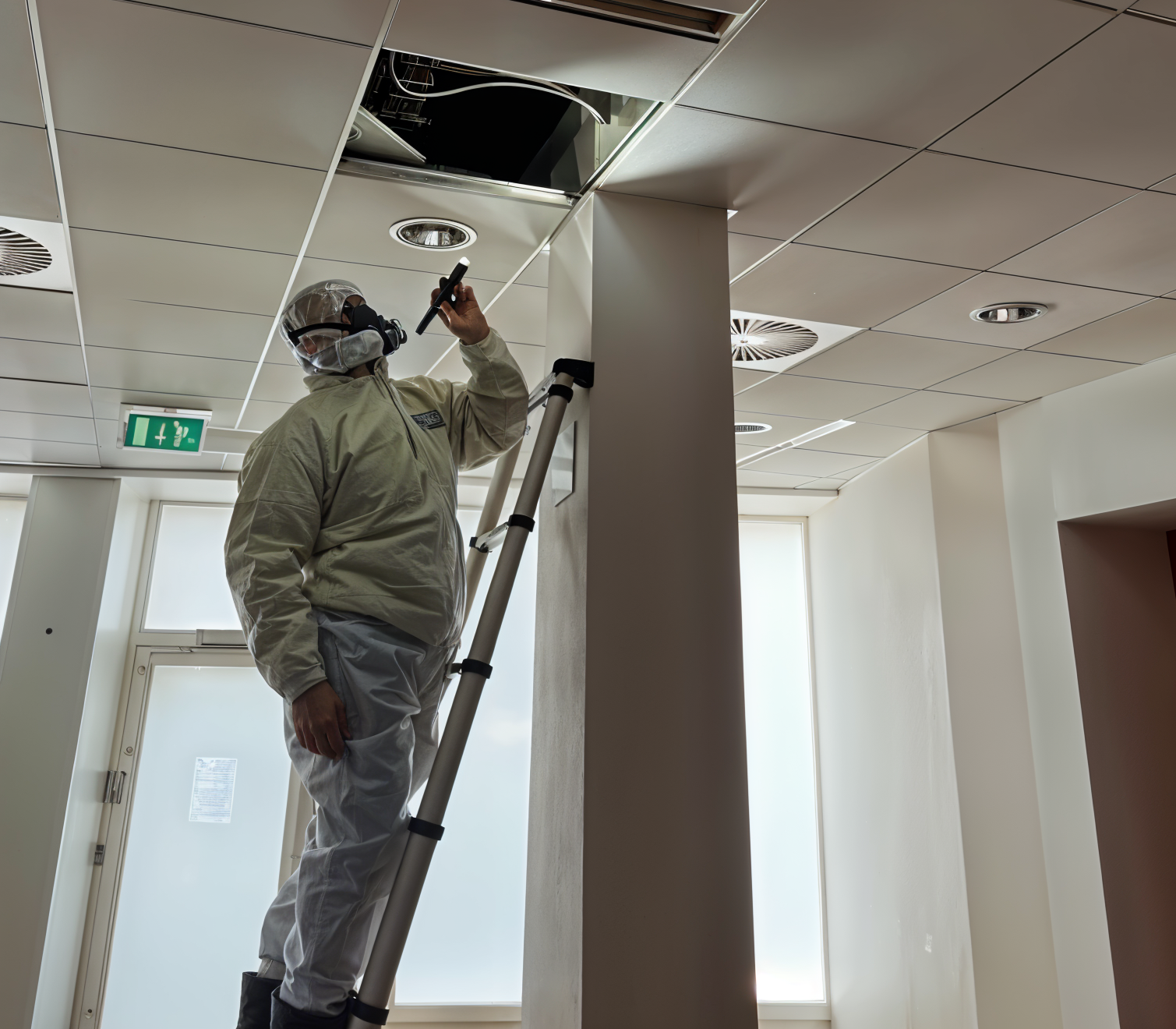
Professional Asbestos Services
Real People, Real Skills
Professional testing for asbestos services are run by professionals who’ve seen it all—old cottages, new builds, you name it. They know how to complete an asbestos survey and handle asbestos without blinking, keeping you out of harm’s way.
The Full Package
They don’t just test one thing. You get sampling, air checks, and even full surveys to scope out your whole place. It’s like a safety net for your home, whether you’re checking a corner or the whole house.
Results You Can Trust
With UKAS accreditation, these services mean business. Their reports tell you exactly what’s up—what kind of asbestos, how risky it is, and what to do next. No vague answers, just facts you can count on from
asbestos testing laboratories.
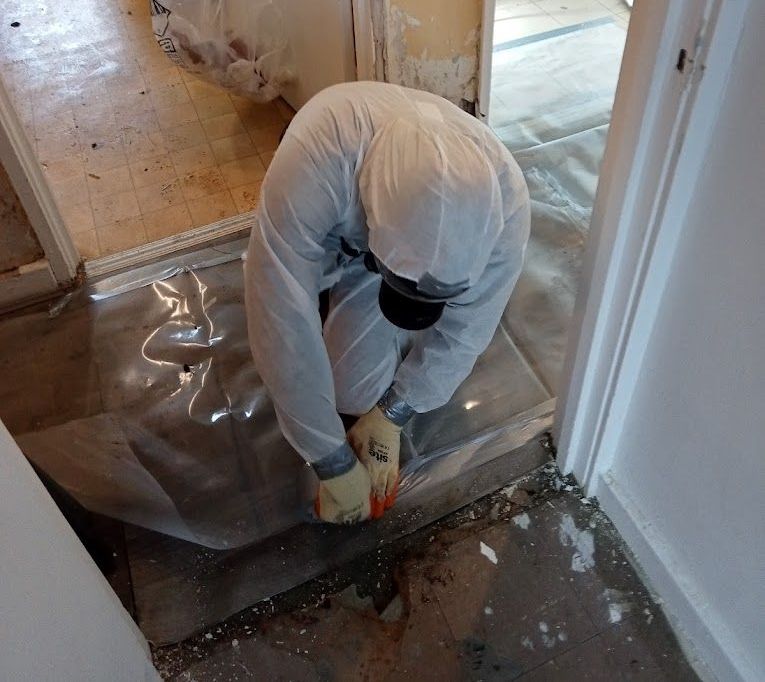
Benefits of Professional Asbestos Testing
Keeping You Safe
The big win? Pros catch what DIY might miss, so you’re not breathing in anything dangerous. It’s about protecting your health today and years down the road.
Staying Legal
Even as a homeowner, knowing your asbestos status keeps you in the clear—especially if you sell later. Pros make sure you’re following UK rules, like the Control of Asbestos Regulations 2012, without the headache.
Sleeping Easy
There’s nothing like knowing your home’s safe. Professional testing takes the worry off your plate, letting you enjoy your space instead of stressing over it.
What to Expect from an Asbestos Testing
The Whole Deal
A good service of suspected asbestos containing materials covers asbestos sampling, air testing, and surveys—everything you need in one go. They will do a thorough examination of your property and figure out what’s what, leaving no surprises.
A Report You’ll Actually Get
You’ll get a rundown that’s easy to follow: what they found, how serious it is, and what to do about it. It’s like a guidebook for your next steps.
Hand-Holding When You Need It
The best professionals don’t just test and run. They’ll walk you through the entire asbestos testing journey it all—sending the sample of potential asbestos fibres, reading the results—so you’re never lost.
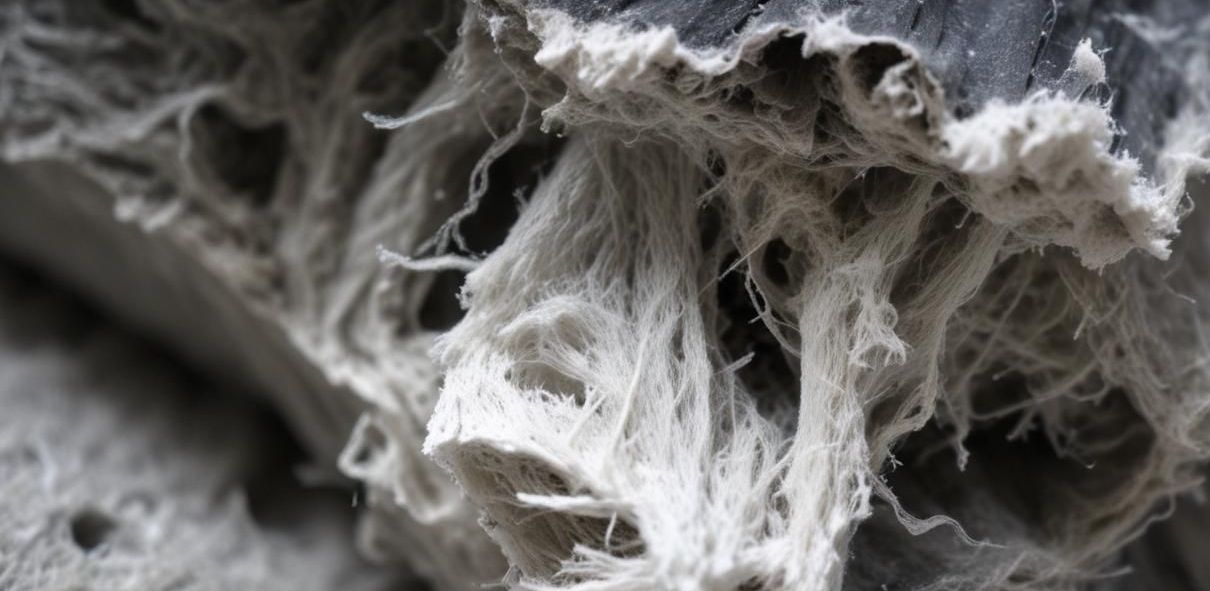
Choosing the Right Asbestos Testing
Go for UKAS
Pick a service with or utilise the services of a UKAS accredited testing laboratory for testing. It’s your guarantee they’re legit and their results hold up.
Experience is Key
Find someone who’s tested all sorts of asbestos containing materials like—tiles, walls, soil. The more they’ve done, the better they’ll handle your home.
Look for the Extras
Make sure they give you a solid report with tips on what to do next. The good ones don’t leave you hanging.
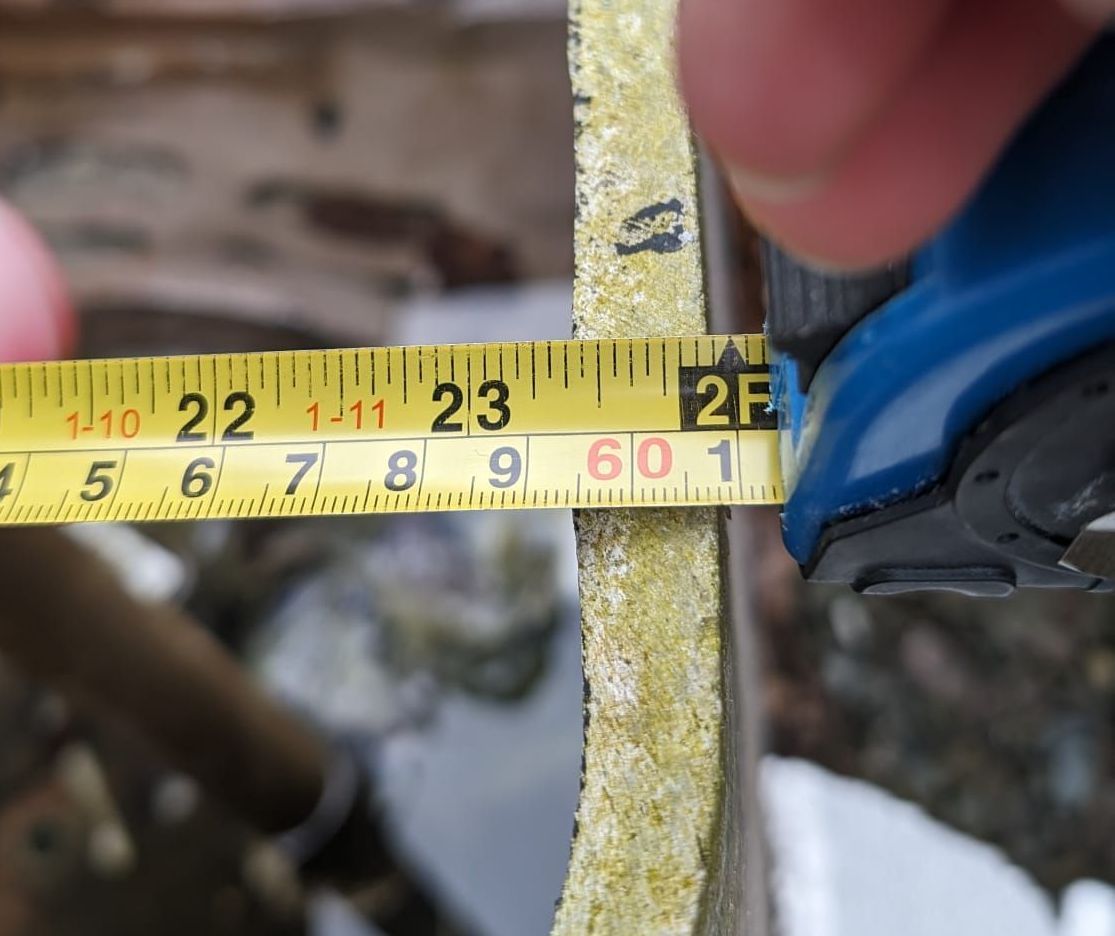
Asbestos Safety and Compliance
Playing It Safe
Professionals use personal protective equipment —FFP3 masks, sealed bags—and follow strict rules to keep everyone safe. It’s peace of mind in action.
Dotting the I’s
They’ll make sure you’re up to speed with UK laws, like using UKAS labs and sticking to HSE guidelines. No stress, just compliance.
Key Takeaway
If your place is pre-2000 or has weird textures, test before you renovate or buy. That’s the rule of thumb, since asbestos was widely used in UK construction up until the late 1990s. But here’s where it gets murky: the 1999 (or sometimes 2000) ban date you’ll hear thrown around isn’t the full story. The government didn’t just slam the door shut on asbestos overnight. While they banned its manufacture and import in 1999, they allowed existing stocks—mostly white asbestos (chrysotile)—to be “run down.” That means builders could still legally use up whatever they had lying around.
The result? Some homes built as late as 2001-2003, even brand-new ones, ended up with asbestos in them. We’ve tested properties post-2000 and found positive samples, proving that the 1999-2000 cutoff isn’t as conclusive as people think. So, if your house is from that early 2000s window—or even if it’s just got some suspect textures like Artex or old ceiling tiles—it’s worth checking. Better safe than sorry when you’re ripping out walls or signing on the dotted line..
Conclusion
Finding out if asbestos is in your home doesn’t have to be scary—it’s all about taking control. Professional asbestos testing, especially those that use the service of a UKAS accredited laboratory, give you clear answers and real safety, no guesswork needed.
Ready to ditch the worry? Reach out to Core Asbestos Services Glasgow & Edinburgh for Asbestos Testing & Asbestos Surveys. Get free quote today for your commercial and domestic properties. Your home and business deserves it, and so do you!
